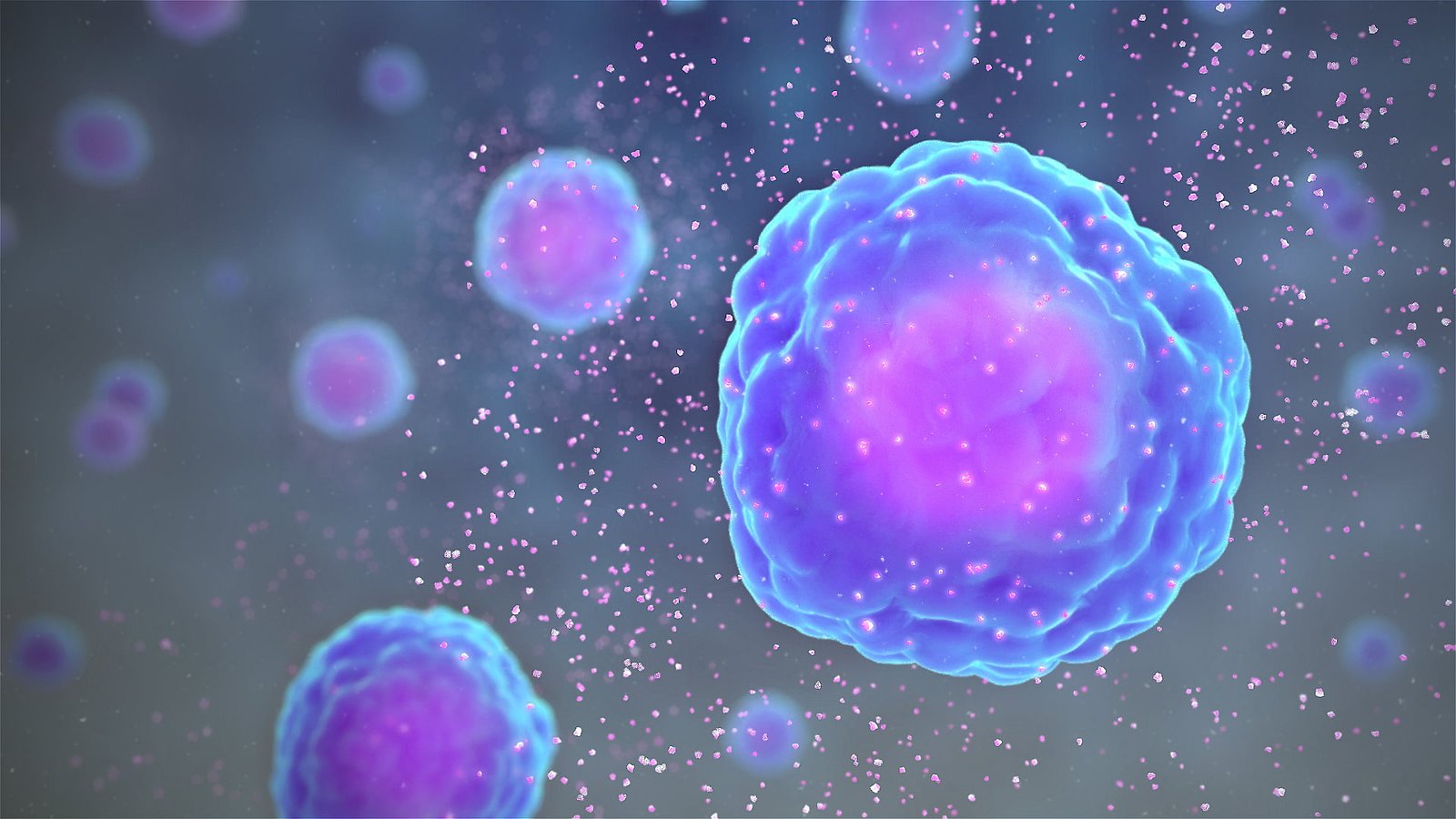An enzyme is a kind of protein that serves as a catalyst in the process of chemical reactions in living organisms. Enzymes are vital to many biochemical processes within your body, including digestion and muscle production.
Enzymes help proteins and cells work. Without them, we could go through life with a slower metabolism, and our immune systems would have a much harder time fighting off infections, for example.
An enzyme is a protein that performs chemical reactions in our bodies. Enzymes are made from chains of amino acids. They are found in our cells and help speed up biochemical reactions. By doing so, they keep us alive and healthy.

What are digestive Enzymes?
Enzymes are the body’s helpers that help keep everything running smoothly. A healthy system is able to produce enzymes quickly and efficiently—or they can be taken in supplement form. Digestive enzymes generally fall into one of three categories, each assisting with a different process: amylases work with starches and carbohydrates; proteases break down proteins; and lipases improve fat digestion.
There are three main categories of digestive enzymes: amylases, proteases, and lipases. Each category is responsible for catalyzing a specific reaction that contributes to the digestion of foods.
Many supplements should be taken with food in order to avoid stomach irritation. Digestive enzymes are often taken just before or after eating in order that the digestive acids may work most appropriately at a desired function. The enzymes will catalyze a three-phase reaction of the sequence:
- Hydrolysis of Complex macromolecules into simple macromolecules
- Absorption across the intestinal wall
- Incorporation into cells, split apart and resynthesized by the body into useful compounds.

When are enzyme supplements needed?
f you have conditions that affect the production of enzymes in your pancreas such as pancreatitis, cystic fibrosis or cancer ,or other conditions that affect the enzymes in your body, you may not be able to digest your food properly and obtain nutrients from what you eat.
Conditions in which your pancreas are compromised, such as pancreatitis and cystic fibrosis, can leave the body unable to produce enough enzymes necessary to aid in digesting food. Your pancreas is responsible for producing about three dozen proteins that aid in digesting fats, carbohydrates and proteins. Due to this deficiency we may not be able to obtain all of the nutritional value from our foods.
As a result, your doctor may recommend taking dietary supplements containing enzymes so that you can get sufficient enzymes on a daily basis.

